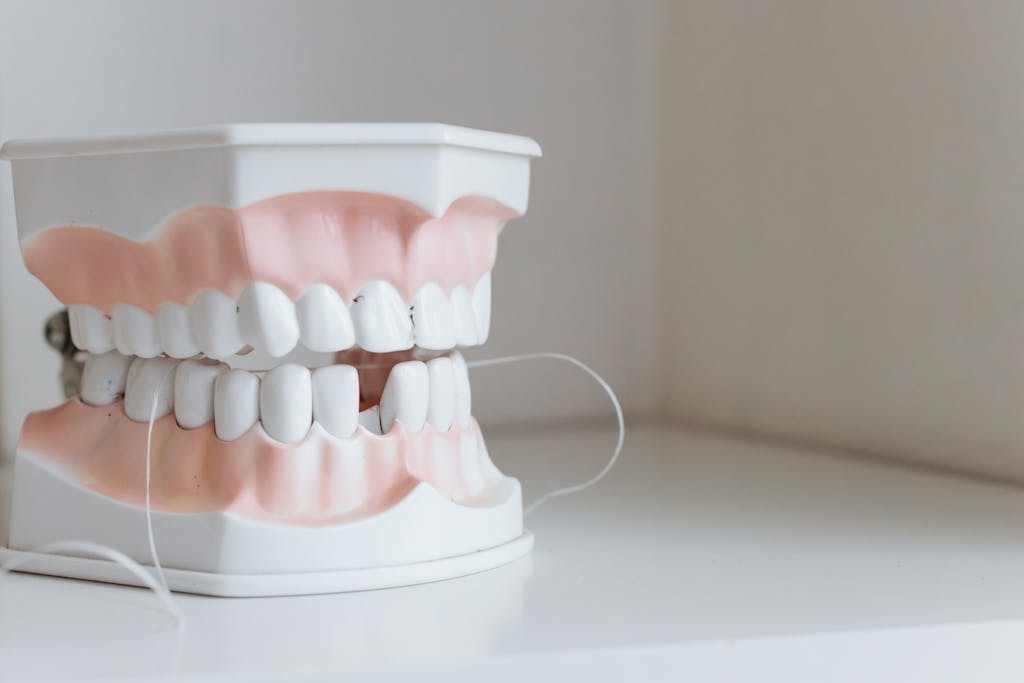Smoking is one of the leading causes of health problems, and its harmful effects extend beyond the lungs and heart. It also significantly affects oral health, causing various issues that can lead to long-term damage. Many people underestimate how smoking impacts their teeth, gums, and overall mouth health. Understanding these effects can help smokers make informed decisions about their habits and take better care of their oral hygiene.
Stained Teeth and Bad Breath
One of the most visible effects of smoking is stained teeth. The nicotine and tar in tobacco can cause yellow or brown discoloration, making teeth look unhealthy. Additionally, smoking contributes to persistent bad breath, also known as halitosis. The chemicals in cigarettes dry out the mouth and leave an unpleasant smell that regular brushing may not fully eliminate.
Increased Risk of Gum Disease
Smoking weakens the immune system, making it harder for the body to fight infections, including gum disease. Smokers are more likely to develop gingivitis and periodontitis, conditions that cause swollen, bleeding gums and, in severe cases, tooth loss. Since smoking reduces blood flow to the gums, infections take longer to heal, worsening the problem over time.
Tooth Loss and Delayed Healing
Smoking damages the bone and tissue that support the teeth, increasing the risk of tooth loss. It also slows down the healing process after dental procedures such as tooth extractions, gum surgery, or implants. This delay in healing raises the chances of complications and infections, making dental treatments less effective.
Higher Risk of Oral Cancer
One of the most serious risks of smoking is oral cancer. Tobacco contains harmful chemicals that can damage the cells in the mouth and throat, leading to cancerous growths. Symptoms like persistent mouth sores, lumps, or difficulty swallowing should not be ignored, as early detection is crucial for treatment.
Reduced Sense of Taste and Smell
Smoking dulls the senses, particularly taste and smell. Over time, smokers may find it harder to enjoy food and drinks because their taste buds become less sensitive. This reduction in sensation can lead to poor dietary habits and decreased appetite.
Dry Mouth and Cavities
Smoking reduces saliva production, leading to dry mouth. Saliva is essential for washing away bacteria and food particles that cause cavities. Without enough saliva, the risk of tooth decay and oral infections increases, making smokers more prone to dental issues.
Weakening of the Jawbone
Long-term smoking can weaken the jawbone, which supports the teeth. This makes the bone more fragile and can cause problems with dentures or dental implants. Bone loss in the jaw can also change the structure of the face, leading to a sunken appearance over time.
Smoking has severe consequences for oral health, from stained teeth and bad breath to life-threatening conditions like oral cancer. Quitting smoking is the best way to prevent these issues and improve overall health. Regular dental check-ups, good oral hygiene, and a smoke-free lifestyle can help maintain a healthy and confident smile.

